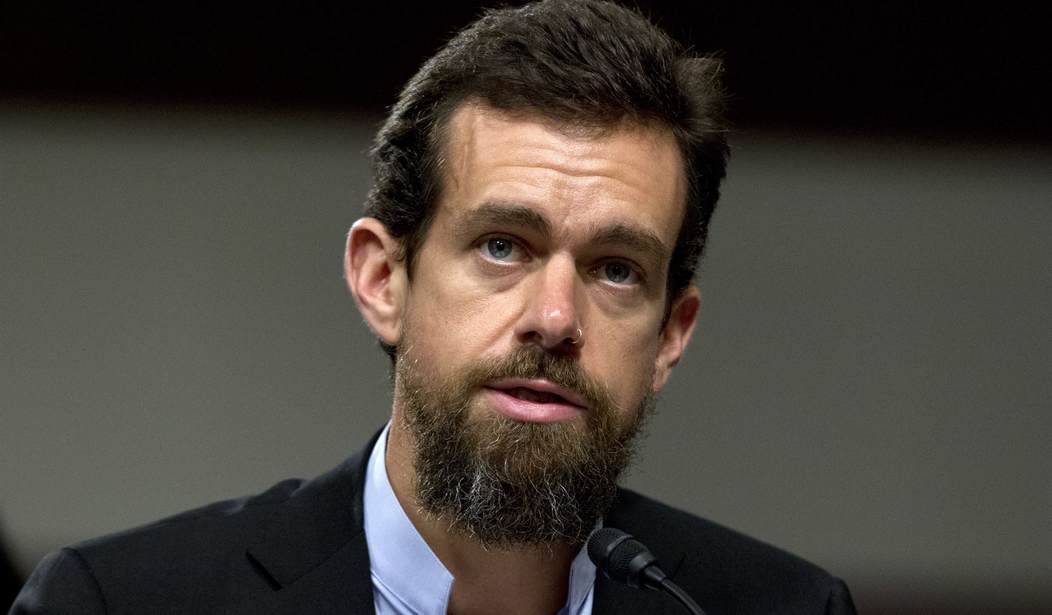Were he alive today, John Stuart Mill would likely be leading a mass exodus from Twitter, in search of an alternate social media platform.
On Wednesday, Twitter blocked users from sharing an article from The New York Post detailing Hunter Biden’s alleged email correspondence. When users attempt to share that news article, Twitter provides this ominous message: “Your Tweet couldn’t be sent because this link has been identified by Twitter or our partners as being potentially harmful. Visit our Help Center to learn more.”
But harmful to whom, exactly? Twitter is not interested in protecting US citizens from physical harm, but, rather, protecting their favored presidential candidate from the harm that would arise from voters learning about his past corruption.
This example of censorship is part of a broader pattern of behavior by Twitter. Just last Friday, Twitter announced new restrictions on speech, this time making it more difficult for users to retweet messages. Users attempting to retweet any message will first be encouraged to add commentary on top of the retweet. Twitter hopes this new step will create additional “friction” and make it less likely that certain information will go viral.
For content with which Twitter disagrees or deems unreliable, the company plans to point users to more “credible” information. A warning message will also appear on the screen with the words “This is in dispute.”
Twitter, of course, intends for that message to read as a loud warning to Americans. “This is in dispute” is meant to dissuade users from proceeding with a retweet. Twitter would benefit from an American history lesson here. “Dispute” and “debate” are hardly ominous warnings in our nation that prizes unfettered political discourse. Our entire political experiment arose from a series of disputes – first with the monarch and then amongst ourselves as we fleshed out every aspect of our new system of governance.The Federalist Paperscould have been subtitled “This Is in Dispute.”
Recommended
If there were any doubt about the political impetus behind these changes at Twitter, the time-frame for the restrictions informs us that we are witnessing political shenanigans. We learn fromThe Wall Street Journal that the “change will last at least through the end of the week of the U.S. election.” Twitter, no doubt, is congratulating itself for eliminating what surely must have been an oversight on our founding fathers’ part – freedom of speech at any time of the year, even around an election.
With this move, Twitter joins other progressive causes in the endless quest to shut out speech that challenges the established progressive point of view. John Stuart Mill famously explained the virtues of free speech, which I often share when speaking with college students about the “safe space” ideology that has spread across our nation’s college campuses.
Mill’s defense of free speech is problematic for progressives. His criticism of stifling free speech gets to the heart of the problem with Twitter’s new policy. He points out that if the stifled opinion is right, the public is “deprived of the opportunity of exchanging error for truth.” But if the opinion is wrong, the public loses something almost as important – the benefit of gaining what he calls a “livelier impression of truth” as truth collides with an erroneous viewpoint.
I have become convinced that the underlying reason why progressives fight so hard to shut out speech that challenges them on their positions is that they know they cannot win in that collision between truth and error. Ideas that cannot stand up to scrutiny might appear to be a nuisance, but they serve a valuable purpose in the marketplace of ideas. Alternative viewpoints, demonstrably wrong ideas, and even information “in dispute” all help enliven our political discourse.
Twitter is determined to make its platform a “safe space” in the political conversation before the election. Safe spaces are great for those who want the protection of not being confronted with ideas that are in dispute, or being challenged by ideas that fail to match their own. For the rest of us, though, these so-called “safe spaces” leave something to be desired.
Americans, and our political institutions, have always benefited from robust back-and-forth debates, and even from incorrect, wrong-headed, and nonsensical viewpoints. But Twitter has chosen to adopt the well-established tactics of censors. Where censors in totalitarian regimes take scissors and erasers to viewpoints they find objectionable, Twitter will instead apply a “this is in dispute” warning. The effect will be the same, though.
“Safe spaces,” like the one Twitter seeks to establish, all follow a similar course. They become monolithic and stultifying, and, frankly, uninteresting places for conversation. Twitter is welcome to dispute that fact.
Ken Buck is a member of Congress from Colorado. He is the author of the newly released book, Capitol of Freedom: Restoring American Greatness.

























Join the conversation as a VIP Member